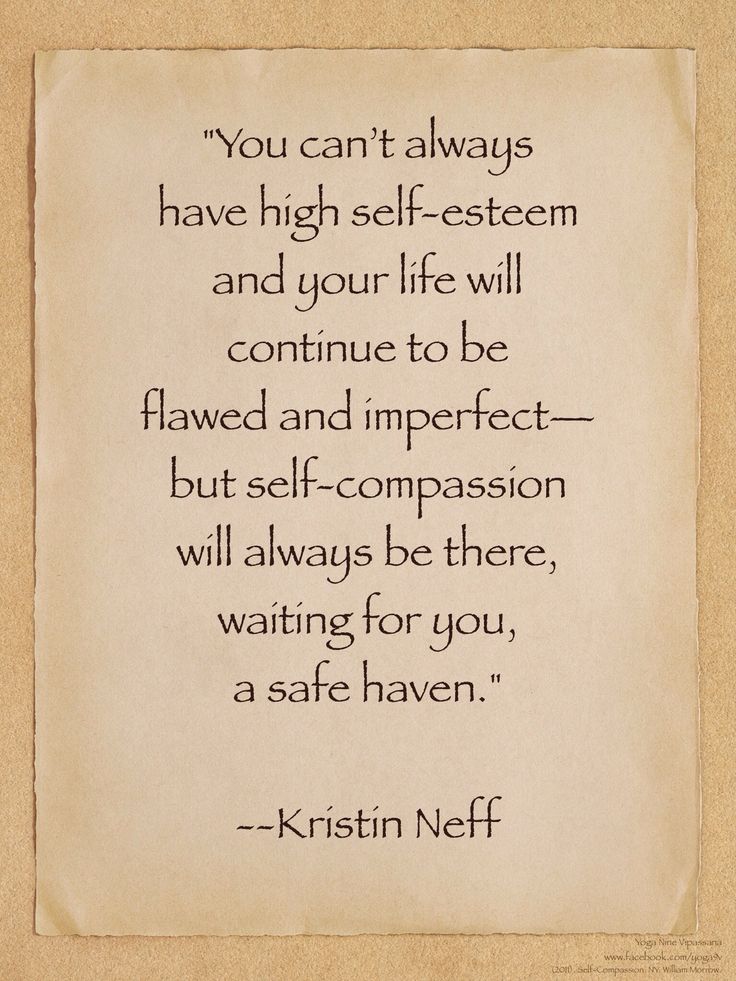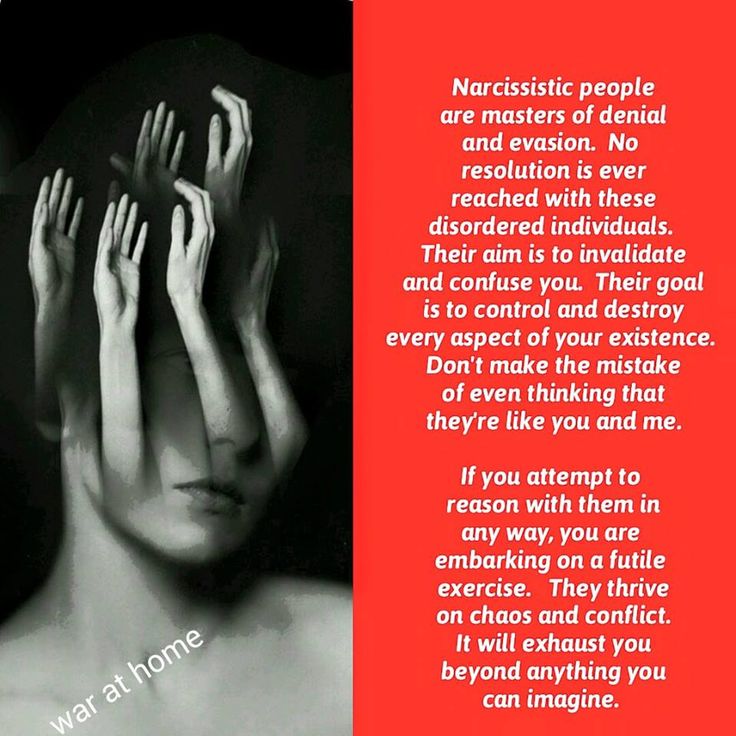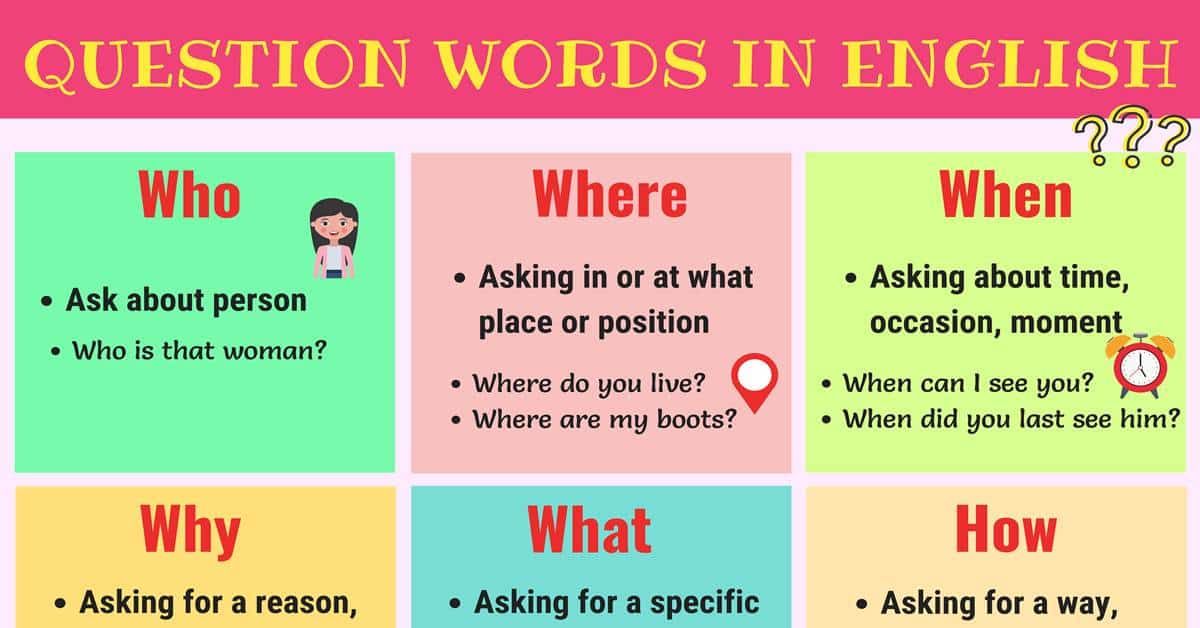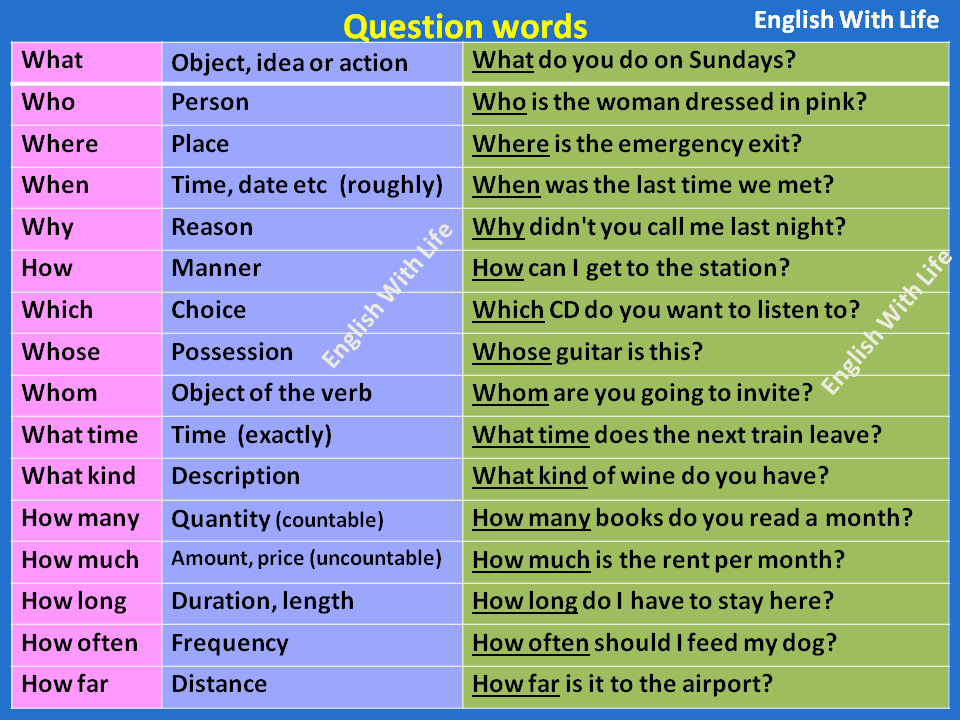Cultivate self love
4 tips to cultivate self love
Articles
WellbeingHow can we learn to treat ourselves more kindly? Kat Bayly offers some tips.
by EkhartYoga
We’re all guilty of obsessing over those thoughts that tell us we’re not good enough, but how do we learn to counteract the self-critical mind-chatter?
1. Become aware that they are only thoughts
The first step to overcoming negative self-thinking is to recognise the thoughts as only thoughts. They can only do you harm if you let them. They are created by your ego. If a part of you created them, another part of you can learn to control them. Try not to attach an emotion to them. Let them remain as a separate thing to how you feel, releasing that sense of significance. We react more strongly to emotions than thoughts. Observe the thoughts, don’t react to the thoughts. Actions come from thoughts – it is only if we act on a thought that it becomes ‘real’.
Observe the thoughts, don’t react to the thoughts.It is only if we act on a thought that it becomes ‘real’.
SHARE QUOTE
Eckhart Tolle in his book ‘Stillness Speaks’ says, ‘”No self. No problem,’ said the Buddhist Master when asked to explain the deeper meaning of Buddhism”’. And it’s true. Your ego is not the real you but it’s a part of the physical manifestation of you. If you ignore the ego’s selfish thinking (and negative self-thinking is unfortunately all about us!), there isn’t a problem.
2. Combat negative thoughts with positive affirmations
This takes time and lots of practise to accomplish but once you can recognise a thought for only being a fleeting thought, you are able to combat it with the opposite, positive thought. For example, if I think ‘I feel useless. I can’t do anything right’, I would catch myself and recognise that I’ve had that negative thought. I can then sit back and think instead, ‘I always try my best and that’s the most I can give’. Repetition and consistency are the keys to breaking old, bad habits. We tend to get the same negative thoughts crop up in a cycle so the more we can combat them and repeat those positive affirmations, the less negative thoughts we’ll experience.
Repetition and consistency are the keys to breaking old, bad habits. We tend to get the same negative thoughts crop up in a cycle so the more we can combat them and repeat those positive affirmations, the less negative thoughts we’ll experience.
3. Take an outsider’s view
If the first two tips prove difficult (and they will until you’ve practised them hundreds of times), try taking an outsider’s point of view. If your friend came up to you and repeated some of the negative things you’ve told yourself and applied it to themselves, what would you do? You would most likely tell them they’re being silly and it’s not true. You’d probably say that they are wonderful and there’s no need to worry. If you can comfort your friend, why not extend the same kindness to yourself?
4. Treat yourself like you would a friend
If we are able to be nice to others, why do we find it so hard to be the same towards ourselves? I believe it’s because it’s two parts of us fighting against each other. When a friend is in need of comfort, our ego takes a back seat and our compassionate side is dominant. When it is us in need, our ego and compassion are fighting each other with equal strength. Try to make your compassionate side dominant in your times of self-doubt. You are only human. The thoughts you are experiencing are common. Give yourself a break.
When a friend is in need of comfort, our ego takes a back seat and our compassionate side is dominant. When it is us in need, our ego and compassion are fighting each other with equal strength. Try to make your compassionate side dominant in your times of self-doubt. You are only human. The thoughts you are experiencing are common. Give yourself a break.
Try to make your compassionate side dominant in your times of self-doubt. You are only human. The thoughts you are experiencing are common. Give yourself a break.SHARE QUOTE
I find it helpful to remember the idea of ‘No self. No problem’ whenever I have a negative self-thought. It’s a simple message that reminds us to be selfless. It wouldn’t be such an enjoyable life if we were self-involved all the time, in fact it would be lonely. The next time you worry you aren’t good enough, say to yourself “No self. No problem” and watch how your mind shifts into the wider perspective, to the community of humanity.
A self-love meditation
Find self love in the midst of a difficult situation – 10 mins / Esther Ekhart
This meditation uses Buddhist principles to help you understand your suffering and put it in perspective. It teaches you to practise self-love and self-compassion whilst experiencing something difficult, rather than needing something from others or ourselves.
More from the same author:
- How to really let go
- Word of comfort for yoga teachers
MeditationSpirituality
A Seven-Step Prescription for Self-Love
Self-love is a popular term today that gets tossed around in normal conversation: "You have to love yourself more." "Why don't you love yourself?" "If you only loved yourself, this wouldn't have happened to you." "You can't love another person until you love yourself first." These are just a few of the self-love directives we give or get to suggest a way to more living fulfillment.
Self-love is important to living well. It influences who you pick for a mate, the image you project at work, and how you cope with the problems in your life. It is so important to your welfare that I want you to know how to bring more of it into your life.
It influences who you pick for a mate, the image you project at work, and how you cope with the problems in your life. It is so important to your welfare that I want you to know how to bring more of it into your life.
What is self-love?
Is self-love something you can obtain through a beauty makeover or a new set of clothes? Can you get more of it by reading something inspirational? Or, can a new relationship make you love yourself more? The answer to all of these questions is no. Although they feel good and are gratifying, you can't grow in self-love through these types of activities.
Self-love is not simply a state of feeling good. It is a state of appreciation for oneself that grows from actions that support our physical, psychological, and spiritual growth. Self-love is dynamic; it grows through actions that mature us. When we act in ways that expand self-love in ourselves, we begin to accept much better our weaknesses as well as our strengths, have less need to explain away our shortcomings, have compassion for ourselves as human beings struggling to find personal meaning, are more centered in our life purpose and values, and expect living fulfillment through our own efforts.
How to cultivate self-love
- Become mindful. People who have more self-love tend to know what they think, feel, and want. They are mindful of who they are and act on this knowledge, rather than on what others want for them.
- Act on what you need rather than what you want. You love yourself when you can turn away from something that feels good and exciting to what you need to stay strong, centered, and moving forward in your life, instead. By staying focused on what you need, you turn away from automatic behavior patterns that get you into trouble, keep you stuck in the past, and lessen self-love.
- Practice good self-care. You will love yourself more when you take better care of your basic needs. People high in self-love nourish themselves daily through healthy activities, like sound nutrition, exercise, proper sleep, intimacy, and healthy social interactions.
- Set boundaries. You'll love yourself more when you set limits or say no to work, love, or activities that deplete or harm you physically, emotionally, and spiritually, or express poorly who you are.

- Protect yourself. Bring the right people into your life. I love the term frenemies that I learned from my younger clients. It describes so well the type of "friends" who take pleasure in your pain and loss rather than in your happiness and success. My suggestion to you here: Get rid of them! There isn't enough time in your life to waste on people who want to take away the shine on your face that says, "I genuinely love myself and life." You will love and respect yourself more.
- Forgive yourself. We humans can be so hard on ourselves. The downside of taking responsibility for our actions is punishing ourselves too much for mistakes in learning and growing. You have to accept your humanness (the fact that you are not perfect) before you can truly love yourself. Practice being less hard on yourself when you make a mistake. Remember, there are no failures if you have learned and grown from your mistakes; there are only lessons learned.
- Live intentionally.
 You will accept and love yourself more, no matter what is happening in your life, when you live with purpose and design. Your purpose doesn't have to be crystal clear to you. If your intention is to live a meaningful and healthy life, you will make decisions that support this intention, and feel good about yourself when you succeed in this purpose. You will love yourself more if you see yourself accomplishing what you set out to do. You need to establish your living intentions, to do this.
You will accept and love yourself more, no matter what is happening in your life, when you live with purpose and design. Your purpose doesn't have to be crystal clear to you. If your intention is to live a meaningful and healthy life, you will make decisions that support this intention, and feel good about yourself when you succeed in this purpose. You will love yourself more if you see yourself accomplishing what you set out to do. You need to establish your living intentions, to do this.
If you choose just one or two of these self-love actions to work on, you will begin to accept and love yourself more. Just imagine how much you'll appreciate you when you exercise these seven steps to self-love. It is true that you can only love a person as much as you love yourself. If you exercise all of the actions of self-love that I describe here, you will allow and encourage others to express themselves in the same way. The more self-love you have for yourself, the better prepared you are for healthy relating. Even more, you will start to attract people and circumstances to you that support your well-being.
Even more, you will start to attract people and circumstances to you that support your well-being.
3 skills that will help you regain love for yourself
164,862
Know yourselfPractices how to
Oddly enough, not everyone knows how to love and accept themselves without internal criticism. And the roots of such a deficit are hidden in childhood: a child will not learn to love himself if he did not see in his parents, especially in his mother, an example of a loving attitude towards him.
If we didn’t receive motherly love in childhood, this deficit will remain built into the internal structure for life
Of course you know about the inner Child, the inner Parent and the inner Adult. A lack of self-love occurs when something is wrong with our real parent (and, as a result, with the inner one): when he is not kind, loving and caring towards our inner Child, but only controlling, critical, aggressive, rejecting , cold.
In other words, imagine that someone very important to you lives inside you, but he does not love you.
How can you tell that you value yourself? nine0017
I asked this question in therapy groups and got the same answers.
Loving yourself is:
-
taking care of yourself, taking care of yourself;
-
accept oneself without internal criticism, without feelings of shame or guilt;
-
respect yourself, recognize your personal set of qualities, talents and abilities as unique;
-
feel worthy of all the best;
-
communicate with others as equals, without feelings of inferiority, without shame or guilt; nine0003
-
protect your interests;
-
meet your needs;
-
allow yourself to live for pleasure.
Not loving yourself is:
-
being indifferent to your appearance and health;
-
criticize yourself, constantly “work on yourself”, improve yourself;
-
feel inadequate in dealing with other people.

-
consider yourself unworthy of something - money, material goods, pleasure, education, harmonious relationships; feel like you don't deserve it.
-
prefer to satisfy the needs of another person to the detriment of oneself in a situation of choice, and then feel like a victim.
Self-love skills
Is it possible to learn to love yourself in adulthood? This is possible, although not easy - it requires focused attention. In my opinion, the following helps us in mastering this internal resource. nine0003
1. The art of small steps
How do I do it? Periodically, remembering this task, I return myself to the moment here and now, listen to my body, thoughts and feelings. I notice even very small pockets of discomfort and try to eliminate them.
For example, something hurts or there is tension somewhere in the body. Massage this place, direct your attention, breath, energy there, in general, do something for yourself, take care of yourself so that the discomfort goes away.
If it's windy, close the window, move to another seat. If clutter is an eyesore, remove it, bring beauty so that it pleases the eye. If you want to eat, drink, go out into the air - go to meet yourself. If you want something specific, like coffee with cinnamon, brew it and drink it with pleasure! nine0003
2. Caring Inner Parent
Be your own caring mother. Pamper and love your inner Child. Notice the care of the inner Mother, rejoice in her and yourself. You can keep a diary and write down all the episodes when you were able to satisfy your even minor needs. Praise yourself for this.
3. Boundaries
In contact with others, self-love is manifested through the timely setting of boundaries. And this is what many of us need to learn. This is where psychotherapy can help. And if you learn this on your own, then you should proceed from the fact that our body reacts to the violation of boundaries. It is necessary to develop one's own sensitivity, observation, awareness, presence in the moment, in order not only to notice the signals of the body in time, but also to immediately respond to them by marking the boundaries. nine0003
nine0003
For example, a person comes too close to you, intrudes into the “intimate zone”, where you let only your closest people in. As soon as a stranger crosses an invisible border, the body begins to react, for example, there is a slightly noticeable tension in the stomach or the rhythm of breathing goes astray.
Noticing such body signals in time and saying “stop” or “no” is not easy for many, but this is a skill whose value cannot be overestimated. person. For example, you are dead tired, and the children are dragging you for a walk. What will you choose? Out of self-love, will you allow yourself to rest, or will motherhood take over? nine0003
You can keep a diary and write down all the episodes when you defended your boundaries and made a choice in favor of your needs and interests. Believe me, love for other people grows only out of self-love. He who does not know how to love himself does not know how to love another.

Text: Lelya Chizh Photo source: Getty Images
New on the site
“My hands are covered in blood up to the elbows, and the former lies dead: what does sleep mean?”
“During a break in the relationship, the wife slept with another man. We are together again, but I can't forgive her"
Scientists have found a way to become happier in 5 minutes
How to get over a breakup and love another: 4 basic steps - advice from psychologists
In honor of the ex, grandfather and elephant: the Russians told how their parents chose their names , but they are not condemned: the opinion of a reader and a psychologist
What is wrong with Prince Harry and his book "Spare" - the opinion of a psychologist
"I found out that a man has another woman in parallel with me, but he does not confess..."
How to love yourself: 13 tips from psychologists
. Recommendations of psychologists and interesting factsUpdated on October 25, 2022, 18:02
Shutterstock
What is self-love and how does it differ from selfishness? Why is it important to learn to love yourself and what to do if it doesn't work out? We deal with psychologists.

Contents
- What is self-love
- Why it can be difficult to love yourself
- How to love yourself: advice from a psychologist
- Self-love and selfishness
- What to read
What is self-love
Pexels
Self-love is a person's unconditional acceptance of himself. It implies understanding your needs and their implementation, the ability to take care of yourself, as well as a feeling of comfort in communicating with others.
When a person loves himself, he clearly knows what he likes, and feels respect for himself, regardless of external assessments or circumstances. He accepts himself in all his manifestations - positive and negative. Self-worth plays an important role here: a concept associated not with the degree of pride, but with a sense of one's own integrity and harmony within oneself. nine0003
Why loving yourself can be difficult
Pexels
Lack of self-love can lead to problems in communication, interaction in society.
Indeed, in this case, it becomes important for us what others think or say about us. As a result, self-esteem falls, and all this can lead to deep depression. That's why self-love is so important: before building relationships with other people, you need to learn to understand your own inner state. nine0003
It would seem that everything is quite simple: in order to change the quality of life for the better, we must accept ourselves and listen to our own desires. But in reality it turns out to be more difficult. And there can be many reasons why we often turn on the inner critic.
Kristina Kovalevskayapsychologist, family psychotherapist, specialist of the psychological platform Alter
“Self-love, or self-worth, like many aspects of our psyche, is formed in childhood. Our relationship with our parents can influence how we develop our own relationships as adults, what kind of partners we are attracted to, how we deal with different life situations.
Including how we will treat ourselves. nine0003
If the parents told the child that he is an independent person, respect his interests, provide support, the level of self-love in such a person will be higher than in someone who often heard criticism or accusations addressed to him. Through the child's feeling that within the family he is loved and accepted as he is, he also develops an internal acceptance of himself.
For example, a child who is directly or indirectly made to understand that he is “stupid”, “unlucky”, “worse than his peers”, in adulthood is very likely to form a deep conviction that he is “bad” or “does everything wrong ". Hence - self-doubt, their abilities, low self-esteem and lack of self-love. The person can be emotionally tense and react painfully to any remarks that confirm this unpleasant core belief, compare themselves with others, or try to compensate in ways that cause discomfort, such as going into workaholism, not allowing themselves to rest, or helping others to their detriment - all this It also interferes with building self-worth.
nine0003
Love and acceptance of oneself can be prevented not only by relationships with parents, but also by other significant events from childhood. For example, peer relationships, emotional or physical trauma, and abuse. Often people who have experienced abuse experience severe feelings of shame or even guilt, which, of course, affect their self-worth.”
How to love yourself
Alison Rachel Stewart, social activist, artist, and creator of Self Love Recipes, an initiative dedicated to habits, practices, and meditations to improve mental health and wellness, described 13 steps to love yourself [1]. nine0003
- Stop comparing yourself to others. We are socialized, so we often compare ourselves with others. But there is no point in this comparison, because each person is unique and unrepeatable. Instead, you need to focus on yourself.
- Do not dwell on the opinions of others. Do not pay too much attention to what others think or expect from you.
We ourselves influence our mood. There is no need to go into depression or be offended by someone's statements or actions. nine0026
- Allow yourself to be wrong. Do not forget that we are all human and make mistakes. It's important to learn from them and grow. The lessons we learn from our own experience are priceless. We need to accept our past and understand why we acted the way we did.
- Remember that the value is not in appearance. Self-sympathy is very important. We don't need others' approval for appearance. To love yourself, it is enough to look in the mirror and understand that you like yourself. Both externally and internally. nine0026
- Don't be afraid to let go of toxic people. Refrain from associating with those who bring toxicity to relationships and overstep personal boundaries. It is much easier to love yourself when there are loved ones around who support and appreciate you.
- Work through your fears.
The feeling of fear is natural for a person. Do not reject your fears - try to understand and accept them. Such an experience will improve mental health and help identify issues that have been causing concern. This will reduce anxiety. nine0026
- Believe in yourself to make the right decisions. We often doubt ourselves and our ability to do the right thing. But at the same time, we understand ourselves better than anyone else. And we take responsibility for our decisions. Therefore, it is important to believe in yourself. We can achieve a lot, and for this we do not need someone's approval or criticism.
- Take advantage of every opportunity that life provides. There may not be an ideal moment for the next big step in life. But this fact should not prevent us from achieving our goals. nine0026
- Put yourself first. The habit of prioritizing other people or circumstances can cost mental or emotional well-being.
Find time to relax. Spend the day in bed or in nature, find something that will help restore the resource.
- Feel the emotion as fully as possible. Experience the pain, enjoy the joy and do not limit your feelings. Fear, pain, and joy are emotions that will help you understand yourself better. nine0026
- Be brave. Get in the habit of speaking your mind. Don't wait to sit down at a table, join a conversation, or share your thoughts. Your voice is just as important as any other.
- Learn to see beauty in simple things. Try to notice at least one beautiful thing around you every day. Pay attention to it and be grateful. Gratitude is necessary to find joy.
- Be kind to yourself. nine0140 The world is full of criticism and harsh words - do not add your own negativity to them.
Shutterstock
Expert advice
Kristina Kovalevskaya:
“It is important to understand that working on cultivating self-love is a process that can take quite a long time.
Including this is the way of getting to know yourself and building personal boundaries. Here are a few tips to help you along this path.
- Learn to focus on yourself. This is the first thing that is important to do in order to find harmony with yourself. For various reasons, many of us tend to focus on the desires of others in order to receive approval from the outside and confirmation that "I am good." Therefore, it is useful to ask yourself questions more often: what do I want right now? Or: do I really want this or am I doing this because I have to / used to / so they said? To learn to hear yourself, you can keep a diary, where in one column you write down what you did during the day out of sincere desire, and in the second - what was done against your will or out of necessity. nine0026
- Take care of yourself and do nice things for yourself - this is the strongest resource that helps to develop not only self-love, but also reliance on yourself, and not on external people or circumstances.
![]()
- Allow yourself to be wrong. We often overreact to our own failures, especially if what happened is consistent with our personal perception of the concept of "bad". It is important to realize that mistakes give us valuable experience, and there are no ideal people, since we are all completely different. Perhaps the fact that you are not good at something does not mean that you are bad, but only that it does not suit you. Or, for objective reasons, you do not have enough knowledge, and if necessary, you can get it. Or maybe you are just tired and you should allow yourself a rest instead of being too strict and exacting in relation to yourself? nine0026
- Try to compare yourself not with others, but with yourself in an earlier period of life. Sometimes it is very useful to look at yourself yesterday and analyze the experience gained in order to stop devaluing it.
- Watch yourself. Sometimes we are overcome by strong emotions, we begin to criticize ourselves, the situation seems hopeless.
In such cases, it is useful to take the so-called position of the observer. It's about bringing yourself back to the here and now. What happens to you at the moment of experiencing? What emotions are you experiencing? Naming and accepting feelings is very important, as well as the fact that they are our integral part. You can be angry, upset, sad - and this is normal, these are not at all "bad" emotions that "should not" be experienced. The position of the observer is also about exploring and getting to know yourself: what I feel now, why I react in one way or another, can I do otherwise, and so on. nine0026
Self-love and selfishness
Shutterstock
How to correctly define what self-love is, and where is the line separating it from selfishness?
Valeria MoshnyatskayaMedical psychologist at the European Medical Center
“Love for yourself is a very capacious concept that includes understanding your needs and their implementation, taking care of your health, as well as the ability to communicate with others in a way that is comfortable for you.
That is why it raises so many questions and misunderstandings. nine0003
Selfishness, on the other hand, is the inability to hear others or the deliberate disregard for other people's needs for the benefit of one's own goals. I want to note that people with selfish tendencies are always completely sure that they are right and do not think about the choice.
Healthy self-love is a feeling of comfort in dealing with others, understanding one's needs and fulfilling them, the ability to relax and take care of oneself. You can write in detail the points only by understanding where exactly there are gaps. nine0003
Most of my work is based on the idea that self-love is about making your own decisions, understanding their choices and being able to correctly convey their essence to others. If a person is not confident in his decisions and choices, it will always be difficult for him to understand whether he is right or not. Confidence in decisions is a skill that is developed in the process of education.
Therefore, it is easiest to get it in the process of psychotherapy. You can also start with small independent steps, describing for yourself both the decisions themselves and their arguments. This will help you focus on your choices. nine0003
It is important to remember that all your desires are normal. Sometimes we find it difficult to implement them or justify their importance to other people. But all this is by no means a signal that the desire is erroneous.
Kristina Kovalevskaya:
“Another reason for the lack of self-love can be a misinterpretation of this term. Many believe that self-love is selfish, while interpreting self-worth as an excessive concern for one's own interests, when a person does not pay attention to others. This can often be heard from parents or other significant people. nine0003
However, self-love is primarily about the unconditional acceptance of oneself with all the features, both good and not so good. This is about understanding who I am, what I like, about self-respect, regardless of external assessments or circumstances.
I can be sociable or closed, humanitarian or mathematician, love meat or be a vegetarian - this is not good and not bad, this is part of my personality that I accept and respect. Self-worth is not about the “degree” of self-love. This is about a sense of harmony within oneself and one's own integrity. You can’t love and accept yourself “too much”, this cannot be in excess - we either unconditionally value ourselves for who we are, or we don’t fully accept. nine0003
Self-worth focuses on a person's relationship with himself and does not at all imply any selfish attitude towards others. Such a person does not expect something from others, and if he shares himself, then out of sincere desire and a feeling of fullness, and not sacrificing himself out of necessity.
Egoism is just about a person's attitude towards other people. The egoist thinks exclusively about his own benefit, often at the expense of other people. He does not take into account, does not respect and ignores the desires and interests of others, since he himself always stands on the pedestal.
nine0003
Therefore, when someone calls a harmonious person who loves himself an egoist, this is most likely because he himself has some expectations based on his own benefit, and he wants the other to do what he needs, but his expectations are not met. This is what will be selfishness and manipulation of guilt.
An egoist is not a person who loves himself too much: on the contrary, egoists often have rather low self-worth, they are not in harmony with themselves and try to compensate for this by achieving some benefits at the expense of other people. nine0003
What to read about self-love
Pexels
1. "Love inside" Yun Kang Chen
If you feel lonely, then perhaps this book is exactly what you need right now. Studying the modern problem of loneliness, the author realized that it arises from an internal conflict, so it cannot be “cured” with the help of other people. Yong Kang Chen has collected for his readers a lot of real stories and exercises that will help you understand that in order to let other people into your life, you must first learn to love and understand yourself.
nine0003
2. Love for Imperfection Gemin Sunim
We inevitably bring our internal dissatisfaction with ourselves to the outside world, which prevents us from living a full and happy life. In his book, Buddhist monk Gemin Sunim answers difficult questions that we ask ourselves in moments of despair and anxiety, and helps the reader find harmony and inner peace.
3. “Good girls go to heaven, bad girls go wherever they want”, Ute Erhardt
The time has passed when the only purpose of a woman was to be a good mother and wife, but many of us still unconsciously live according to patriarchal attitudes, sacrificing our individuality for the sake of the family. Every woman needs to stop limiting herself and learn to listen to her true desires and needs. nine0003
4. "With love for yourself", Ilse Sand
Very often excessive emotions complicate our life - whether it be irrational jealousy, excessive anxiety, debilitating guilt. For a happy and harmonious life, it is important to find the right balance between caring for others and maintaining your own boundaries.
![]()













